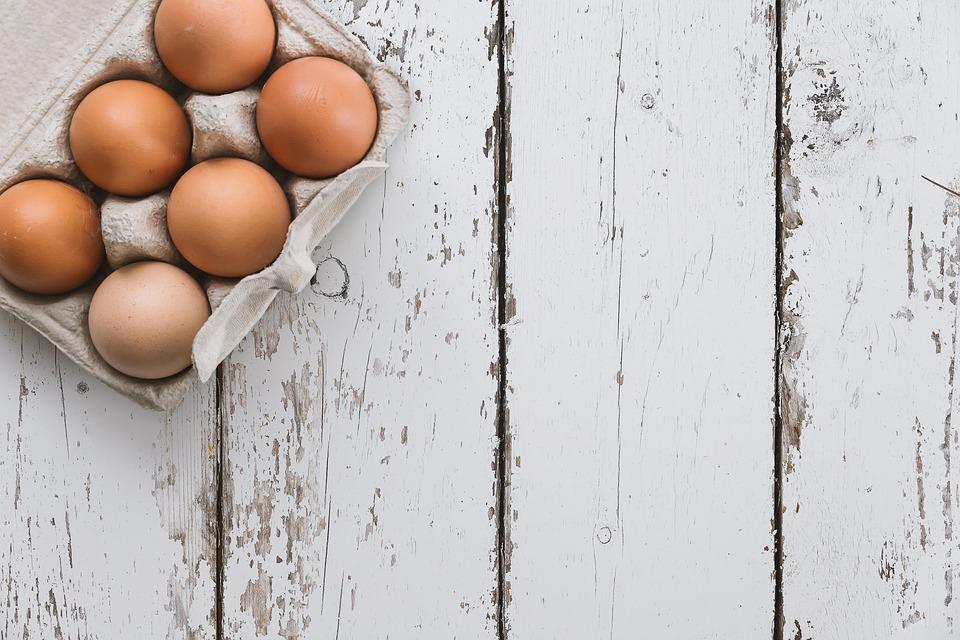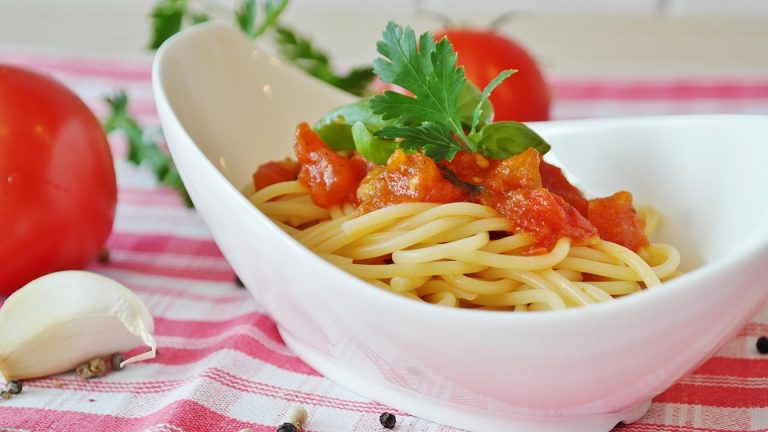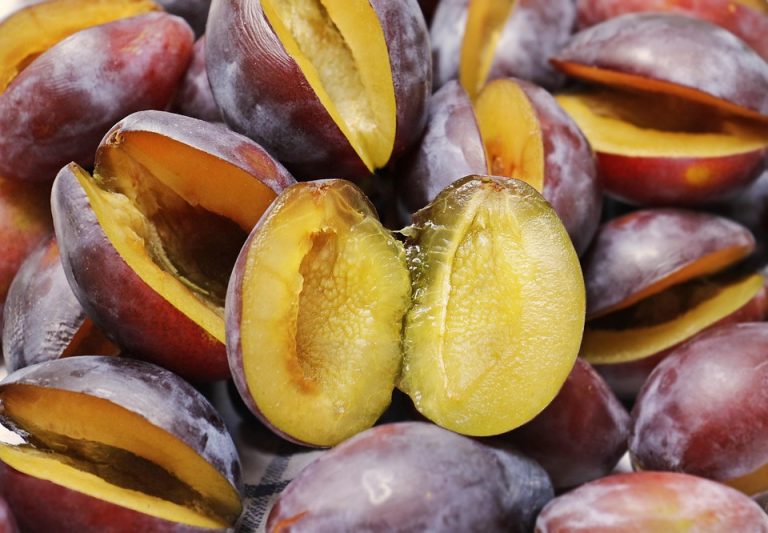Protein-packed foods are your secret weapon for serious muscle gains. They serve as the building blocks for your body, fueling your workouts and helping you transform your goals into reality. Are you ready to dive into the world of nutrition that empowers your muscles and enhances your performance? Let’s explore the top ten foods that can supercharge your journey to strength.
Contents
Why Protein Matters for Muscle Gains
Protein is not just a buzzword in fitness circles; it’s essential for muscle repair, growth, and overall health. When you push your limits at the gym, tiny tears occur in your muscle fibers. Protein helps heal those fibers, making them stronger and larger. It’s a cycle of strength, and without adequate protein, you might find yourself stalling in your progress.
Key Benefits of Protein for Muscle Growth
- Repairs and builds muscle: Essential for recovery after intense workouts.
- Supports fat loss: Helps maintain lean muscle while shedding fat.
- Boosts metabolism: Increases the thermic effect of food, aiding in weight management.
- Enhances performance: Fuels your workouts, allowing you to go harder and longer.
Daily Protein Needs
Your protein requirements vary based on your activity level, age, and fitness goals. Generally, aiming for 1.6 to 2.2 grams of protein per kilogram of body weight is a solid starting point for those focused on muscle gain.
1. Chicken Breast
Let’s kick things off with a classic: chicken breast. This lean meat is a staple in many diets for good reason.
- Protein Content: Approximately 31 grams of protein per 100 grams.
- Why It’s Great: Low in fat and versatile, you can grill, bake, or sauté it. Pair it with veggies, and you have a delicious meal.
Cooking Tip:
Marinate your chicken in herbs and spices to amp up the flavor without adding unnecessary calories.
2. Eggs
Don’t underestimate the power of eggs! They’re a nutritional powerhouse packed with high-quality protein.
- Protein Content: About 6 grams of protein per large egg.
- Why It’s Great: Eggs contain all nine essential amino acids, making them a complete protein source. Plus, they’re rich in vitamins and healthy fats.
Cooking Tip:
Try a veggie omelet or a classic sunny-side-up for a hearty breakfast or post-workout meal.
3. Greek Yogurt
If you haven’t added Greek yogurt to your diet yet, now’s the time.
- Protein Content: Approximately 10 grams of protein per 100 grams.
- Why It’s Great: It’s creamy, satisfying, and packed with probiotics for gut health.
Eating Tip:
Top it with fresh fruits and nuts for a delicious snack or breakfast that keeps you full longer.
4. Quinoa
Looking for a plant-based option? Quinoa is your go-to grain.
- Protein Content: About 4 grams of protein per cooked cup.
- Why It’s Great: It’s a complete protein and gluten-free, making it ideal for various dietary needs.
Cooking Tip:
Use it as a base for salads or mix it with veggies and lean protein for a nutritious meal.
5. Lean Beef
For those who love red meat, lean beef is packed with protein and essential nutrients.
- Protein Content: Roughly 26 grams of protein per 100 grams.
- Why It’s Great: It’s rich in iron, zinc, and B vitamins, all vital for energy production and muscle recovery.
Cooking Tip:
Opt for cuts like sirloin or tenderloin to keep the fat content low while enjoying that rich beef flavor.
6. Cottage Cheese
A classic favorite for many fitness enthusiasts, cottage cheese is an excellent source of casein protein.
- Protein Content: About 11 grams of protein per 100 grams.
- Why It’s Great: Slow-digesting, it’s perfect for a late-night snack to fuel muscle recovery while you sleep.
Eating Tip:
Mix it with fruits or nuts for a satisfying snack that feels indulgent yet nutritious.
7. Tofu
This versatile ingredient is a fantastic protein source for vegetarians and vegans.
- Protein Content: Approximately 8 grams of protein per 100 grams.
- Why It’s Great: Tofu absorbs flavors beautifully and can be used in various dishes, from stir-fries to smoothies.
Cooking Tip:
Marinate and grill for a smoky flavor, or blend it into smoothies for added creaminess without the calories.
8. Lentils
Don’t forget about legumes! Lentils are a fantastic plant-based protein source.
- Protein Content: About 9 grams of protein per cooked half-cup.
- Why It’s Great: High in fiber, they keep you full and satisfied while providing essential nutrients.
Cooking Tip:
Add them to soups, salads, or veggie burgers for an extra protein boost.
9. Salmon
For a delicious dose of omega-3 fatty acids along with protein, look no further than salmon.
- Protein Content: Approximately 25 grams of protein per 100 grams.
- Why It’s Great: It supports heart health and reduces inflammation, aiding in muscle recovery.
Cooking Tip:
Bake with lemon and herbs for a flavorful dish that’s both healthy and satisfying.
10. Edamame
Last but not least, edamame is a delightful snack packed with protein.
- Protein Content: About 11 grams of protein per 100 grams.
- Why It’s Great: These young soybeans are high in fiber and provide antioxidants, making them a nutritious choice.
Eating Tip:
Enjoy them steamed with a sprinkle of sea salt or toss them into salads for a crunchy texture.
Conclusion
Incorporating these protein-packed foods into your diet can significantly enhance your muscle gains and overall health. Remember, it’s not just about hitting the gym; it’s about what you fuel your body with afterward. Each of these foods offers unique benefits and can be easily integrated into your meals.
Bottom Line
Your journey to muscle gain starts with nutrition. Focus on these ten protein-packed foods, and you’ll not only feel stronger but also healthier. So, are you ready to take your meals to the next level? Start experimenting with these foods today, and watch your body transform!
FAQs
What’s the best time to consume protein for muscle growth?
Post-workout is ideal for muscle recovery, but spreading protein intake throughout the day is essential.
Can I get enough protein from plant-based sources?
Absolutely! Incorporating a variety of plant-based proteins, like lentils, quinoa, and tofu, can help you meet your needs.
How much protein should I consume daily?
Aim for 1.6 to 2.2 grams of protein per kilogram of body weight, depending on your activity level and fitness goals.
Now, go ahead and make every bite count! Your muscles will thank you.
Get Your FREE Natural Health Guide!
Subscribe now and receive our exclusive ebook packed with natural health tips, practical wellness advice, and easy lifestyle changes, delivered straight to your inbox.





